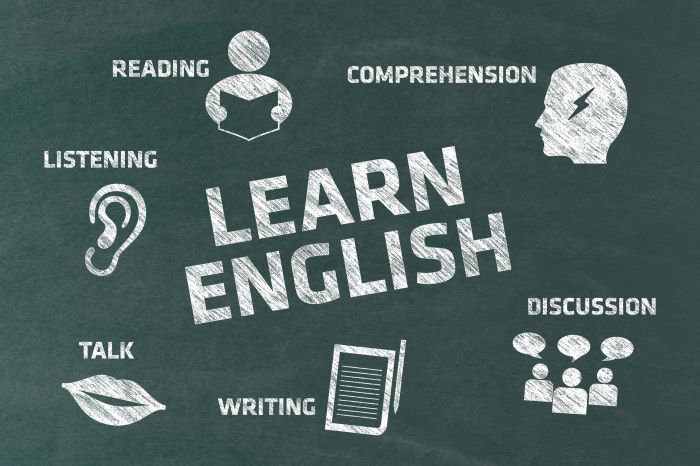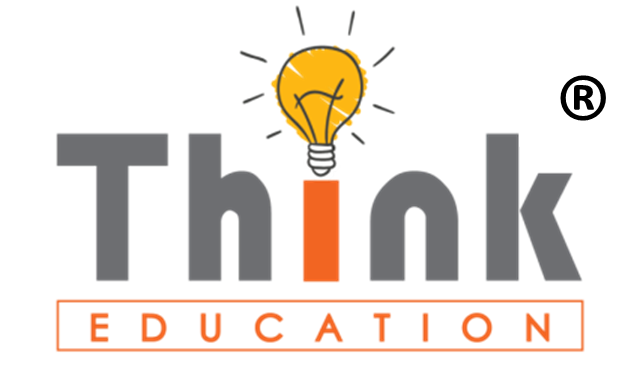Philosophy in Language Learning
Language is a means of making meaningful and effective communication with its own rules and conventional. Learning a language involves cognitive and effective engagement, and interaction. Its use is guided by our awareness of the purpose, audience, context and in which the communication takes place. Learning English in a multilingual context is different from learning it in a monolingual or near-native context.
Aims
In ThinkEd English, the mastery of the English language is developed in the following areas
- Listening, reading and viewing critically, and with accuracy, understanding and appreciation
- Speaking, writing and representation of the language that is grammatical, fluent, mutually intelligible and appropriate in varied contexts
- Knowledge and usage of acceptable English grammar and vocabulary through acquisition of receptive and productive skills, and knowledge.

Teaching Approach
Students will achieve effective use of English through adopting a principled blend of First Language (L1) and Second Language (L2) teaching methods to achieve a balance between:
- A systematic and explicit instruction to build a strong foundation
- A contextualized and holistic approach that will provide a rich language environment for developing language skills, grammar and vocabulary.
Principles of Teaching and Learning
Contextualisation
Learning tasks and activities will be designed for students to learn the language in authentic and meaningful contexts of use. Lessons will be planned around learning outcomes, themes or a types of texts to help students use related language skills, grammar, structure and vocabulary appropriately in spoken or written form to suit the purpose, audience, context and even culture. Learning points will be reinforced through explicit instruction and related follow up practice.
Learner-Centered
Learners are at the centre of the teaching -learning process; teaching will be differentiated to the students’ needs, abilities and interests. Effective pedagogies will be used to engage and strengthen language development.
Learning-Focused Interaction
A rich environment will be provided for communication that will explicitly foster listening and speaking skills and focus on the achievements of Learning Outcomes. Students are actively engaged by encouraging participation in their learning, boosting their confidence in the use of language and promoting collaboration among learners from different socio-cultural backgrounds.
Integration
All areas of language learning will be taught in an integrated way, using relevant print and non-print resources to provide multiple perspectives and meaningful connections.
Process Orientation
The development about language skills and knowledge about language involves the teaching of processes. The teacher will model and scaffold such processes for students, while guiding them to put together their final spoken, written and/or multi-modal products.
Spiral Progression
Skill, grammatical items, structures and various types of texts will be taught, revised and revisited in increasing levels of difficulty and sophistication to allow for students to progress from the foundational level to higher levels of language use.

